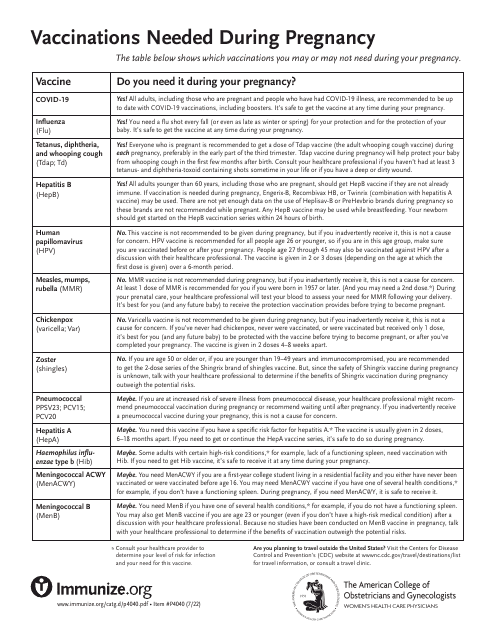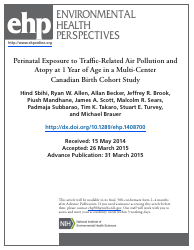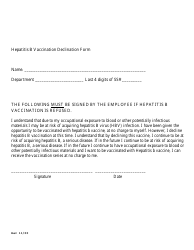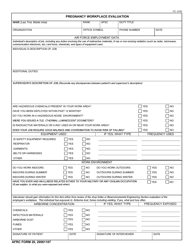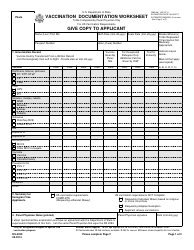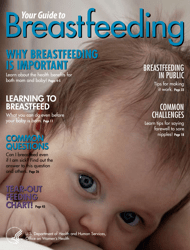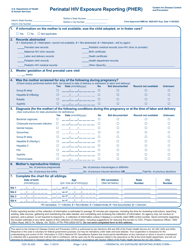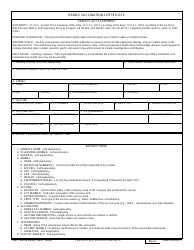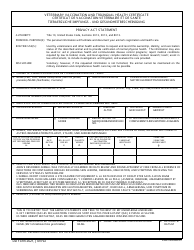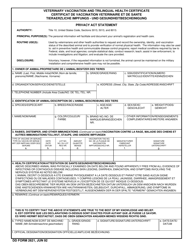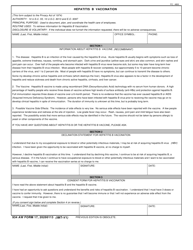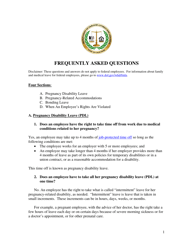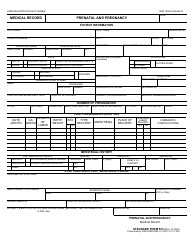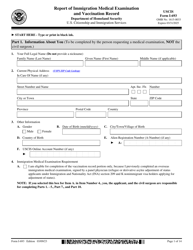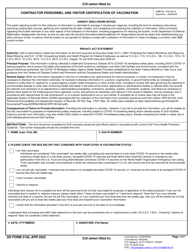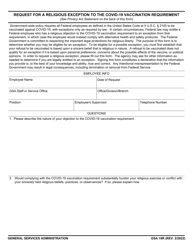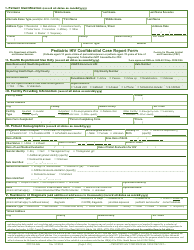Vaccinations Needed During Pregnancy
Vaccinations during pregnancy are important to protect both the mother and the baby against certain diseases. They boost the mother's immune system and pass on some immunity to the baby before they are born - this helps to protect the baby during the first few months of their life when they are too young to receive certain vaccinations themselves.
Pregnant women are specifically advised to get the flu (influenza) vaccine and the Tdap (tetanus, diphtheria, and pertussis or whooping cough) vaccine. The flu vaccine can help prevent serious flu complications that can be dangerous for both mother and baby. The Tdap vaccine, given between 27 and 36 weeks of pregnancy, protects your baby against whooping cough, a potentially life-threatening illness for newborns.
Other vaccines, like Hepatitis B or Hepatitis A, could be recommended depending on the woman's lifestyle, medical history, travel plans, or ethnicity. These vaccinations should only be given after consulting a healthcare professional.
Remember, it's always important to discuss vaccination with your healthcare provider to make informed decisions for the health of you and your baby.
In the United States, it is typically the healthcare provider or doctor’s responsibility to document and file vaccinations given during pregnancy. These are often recorded in a patient's medical records. The CDC also uses Immunization Information Systems to collect confidential, population-based data on vaccine doses administered by participating providers.
In Canada, each province has immunization registries where vaccinations are recorded. Family doctors or healthcare providers in charge of administering vaccinations are responsible for updating these registries.
In India, vaccinations during pregnancy are generally recorded by healthcare providers in the Mother Child Protection (MCP) Card, which also serves as a document for immunizations, antenatal checkups, and health education counselling.
In Australia, the Australian Immunisation Register (AIR) is used to track vaccines administered across a person's lifetime. Healthcare providers need to ensure each vaccination is appropriately reported to the AIR. In all of these countries, it is crucial for patients to keep personal records of their vaccinations for ease of access and accuracy.
FAQ
Q: Which vaccinations are recommended during pregnancy in the USA?
A: The CDC recommends two vaccinations during pregnancy, the flu (influenza) shot and the Tdap vaccine (to protect against whooping cough).
Q: Is it safe to get vaccinated while pregnant?
A: Yes, most vaccinations are safe during pregnancy and can protect both the mother and baby from serious diseases. However, certain vaccines like MMR (measles, mumps, rubella) are not typically given during pregnancy.
Q: Why is the flu shot important during pregnancy?
A: The flu shot is important during pregnancy because pregnant women have a higher risk of developing serious complications from the flu. The vaccine can also protect the baby from the flu after birth and before they are old enough to get vaccinated.
Q: When should pregnant women get the Tdap vaccine?
A: In the USA, it is recommended that pregnant women get a dose of the Tdap vaccine during each pregnancy, preferably between 27 and 36 weeks gestation.
Q: Are there specific vaccines recommended for pregnant women in Canada?
A: In Canada, like in the USA, the flu shot and the Tdap vaccine are recommended for pregnant women. Other vaccines may be recommended based on individual health conditions and travel plans.
Q: What are the guidelines for vaccination during pregnancy in India?
A: In India, the IAP (Indian Academy of Pediatrics) recommends the Tdap and flu vaccines for pregnant women, similar to the guidelines in the USA and Canada. The IAP also recommends Hepatitis B and other specific vaccines based on the individual's health situation.
Q: Is the vaccination schedule the same for pregnant women in Australia?
A: Australia’s National Immunisation Program recommends the influenza and whooping cough (pertussis) vaccines for pregnant women. The best time to get vaccinated is during the second trimester for the flu shot, and between 20-32 weeks for the whooping cough vaccine.
Q: Are vaccinations during pregnancy covered by health insurance?
A: In the USA, all recommended vaccines, including those needed during pregnancy, are covered by health insurance without co-payment, as part of preventative health care.
